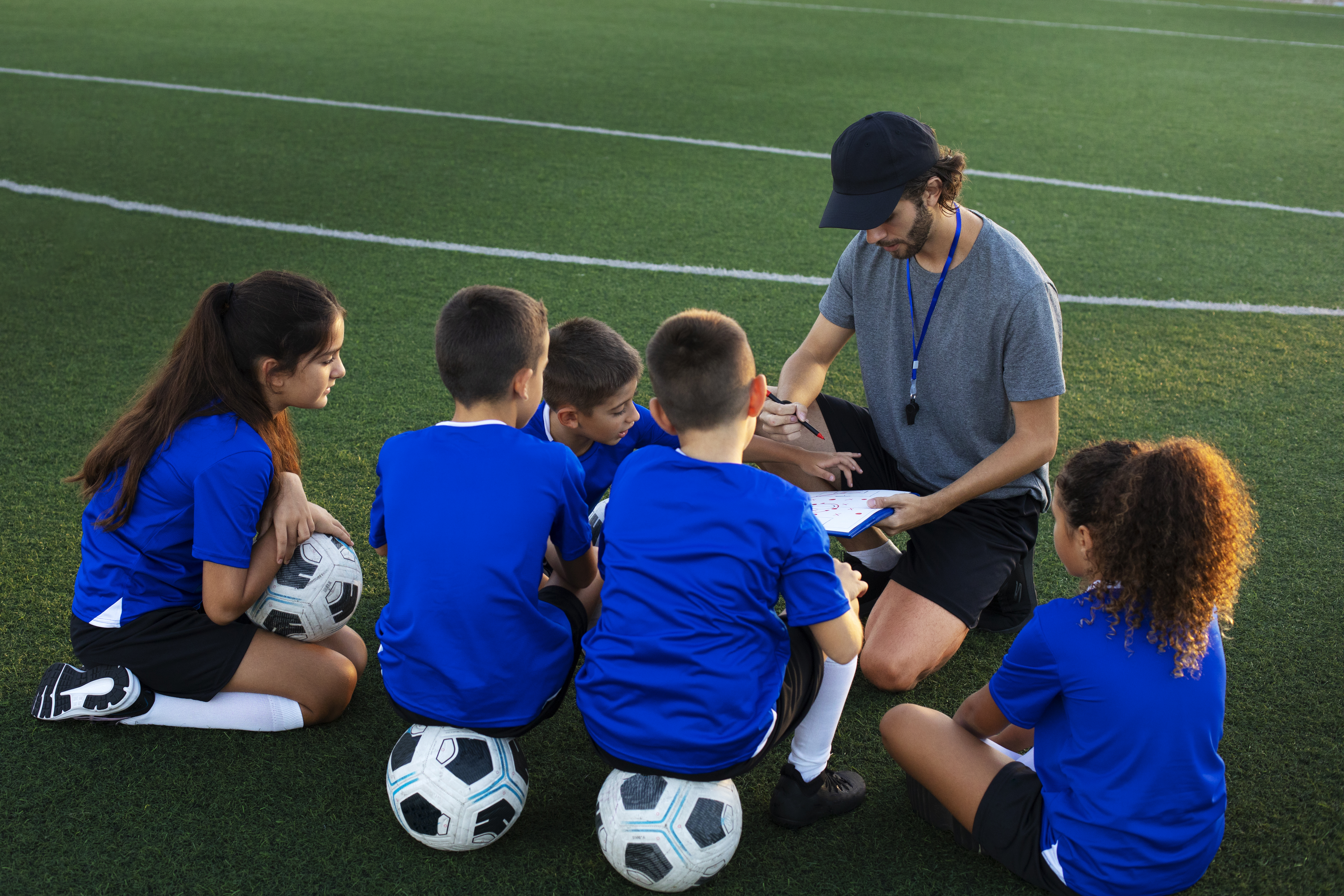Alumni mentoring programs are invaluable resources for universities, providing students with the opportunity to connect with graduates who have already navigated the challenges of academia and career development. These programs not only benefit the broader student body, but they hold particular significance for student-athletes. The combination of academic pressure and the demands of competitive sports creates a unique experience for these individuals, one that alumni mentors with similar backgrounds can guide and support. In this article, we’ll delve deeper into the role of alumni mentoring in the lives of student-athletes, with a specific focus on why the athletics connection is so crucial to their personal and professional growth.
The Unique Journey of Student-Athletes
Student-athletes face a distinctive set of challenges compared to their non-athlete peers. Their day-to-day lives are a delicate balancing act between their academic commitments and the rigorous demands of their sport. Long hours of practice, weekend travel for games and competitions, and intense physical and mental exertion are just a few of the unique hurdles they face. Moreover, the pressure to excel both academically and athletically often leaves little time for self-care or social interaction.
These challenges necessitate exceptional time management, a high level of discipline, and the ability to thrive under pressure. Alumni mentors, particularly those who were former student-athletes, have already navigated these very challenges. Their firsthand experience equips them with the tools and insights that can help current student-athletes stay on track, avoid burnout, and succeed in both their academic and athletic pursuits.
The Importance of the Athletics Connection
As student-athletes embark on their unique journey, they face not only the challenges of balancing academics and athletics but also the pressures of carving out a future that aligns with their passions. For many, the guidance of someone who has experienced the same path can make all the difference. That’s where the athletics connection comes in—offering a bridge between the past and the present, fostering a bond that strengthens the mentor-mentee relationship. Let’s dive deeper into why this connection is so crucial for student-athletes and their overall growth.
Shared Experience
One of the most powerful aspects of alumni mentoring for student-athletes is the shared experience. Alumni mentors who participated in collegiate athletics can relate to the specific challenges student-athletes face. Whether it’s the exhaustion of early morning workouts, the stress of maintaining eligibility, or the mental toll of competing at a high level, mentors with similar experiences offer a unique form of guidance. This shared bond fosters an immediate sense of empathy and trust, creating an environment where student-athletes feel understood and supported.
For instance, an alumni mentor who competed in a similar sport can relate to the physical demands and the mental strength required for success. This connection helps mentors provide tailored advice that resonates deeply with mentees, making their guidance all the more effective.
Career Guidance
The world of sports is often a tight-knit community, and alumni mentors can help student-athletes navigate this competitive landscape. Many student-athletes aspire to careers within sports management, coaching, athletic training, or related fields. An alumni mentor can provide critical career advice, industry insights, and introduce mentees to their own professional network. These connections are invaluable in an industry where networking can often make or break a career.
For example, a former student-athlete who transitioned from competitive sports to a successful career in sports management can offer practical advice on how to leverage a sports background to gain a foothold in the industry. Alumni mentors can also provide insights on job openings, internships, and networking opportunities that may not be readily available to the general student population.
Time Management and Balance
Perhaps one of the most challenging aspects of being a student-athlete is the delicate balancing act between academic responsibilities and athletic commitments. Alumni mentors who have navigated this challenge themselves can provide student-athletes with practical advice on managing their time effectively. This advice can range from creating a structured daily schedule to learning how to prioritize tasks and stay focused during both practices and study sessions.
Mentors can also discuss strategies for maintaining a healthy work-life-sport balance, which is essential for long-term success. Learning to juggle multiple responsibilities without sacrificing one’s health or well-being is a crucial skill for student-athletes, and alumni mentors play a significant role in teaching these strategies.
Goal Setting and Motivation
Alumni mentors serve as living examples of what’s possible through hard work and dedication. As former student-athletes who have navigated the challenges of both their academics and sports, they can offer student-athletes invaluable motivation during times of doubt or difficulty. By sharing their personal stories of overcoming adversity, alumni mentors inspire student-athletes to push through tough times and stay focused on their goals.
Alumni mentors can also assist in goal setting, helping student-athletes identify both short-term and long-term objectives. Whether the goal is to improve performance in a sport, graduate with honors, or transition successfully into a professional career, mentors can guide mentees in developing actionable plans to achieve these goals.
Transition Support
The transition from college athletics to life beyond graduation can be particularly challenging. The structure and community provided by collegiate sports can be difficult to replicate once students graduate, and many student-athletes find themselves unsure of how to move forward.
Alumni mentors who have successfully transitioned out of athletics can offer invaluable advice on this process. They can share their experiences of finding new careers, building professional networks, and identifying a sense of purpose outside of sports. Having someone to turn to who has already made the leap can ease the anxiety associated with post-graduation life and help student-athletes navigate the uncertain waters ahead.
Conclusion
Alumni mentoring programs provide an essential support system for student-athletes. The athletics connection within these programs is crucial, as it bridges the gap between the past and present among those who have shared similar experiences on campus. Alumni mentors offer more than just career advice—they provide invaluable guidance and inspiration, ensuring that the next generation of student-athletes can thrive academically, athletically, and personally.
Through shared experience, career guidance, time management skills, and emotional support, alumni mentors help prepare student-athletes for success both on and off the field. The bonds formed in these mentoring relationships are often long-lasting, and they stand as a testament to the enduring camaraderie within the sports community.
For more information and to get involved, visit [AlmaShines Technology.]





 February 20, 2024
February 20, 2024
